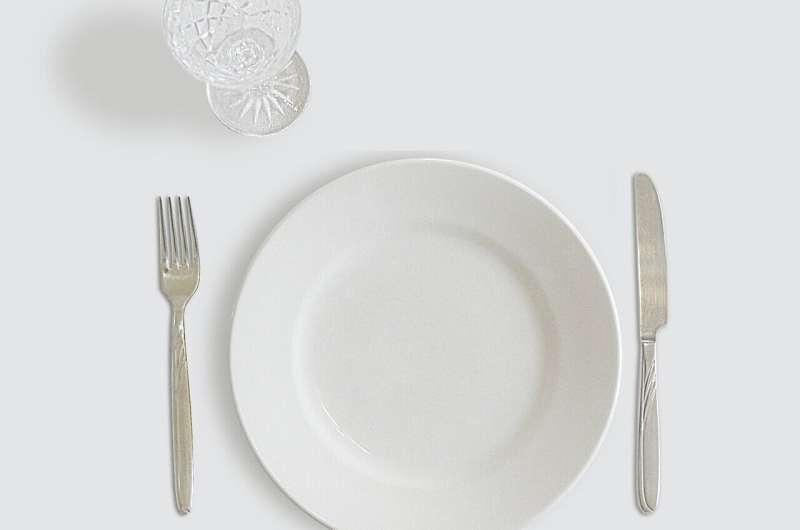This article has been reviewed according to Science X's editorial process and policies. Editors have highlighted the following attributes while ensuring the content's credibility:
fact-checked
peer-reviewed publication
trusted source
proofread
Bisexual individuals are particularly vulnerable to food insecurity

In the United States, bisexual individuals are particularly vulnerable to food insecurity, defined as the lack of access to adequate food for an active, healthy life.
A research study published in Frontiers in Public Health by Nasser Sharareh, Ph.D., at University of Utah Health reveals that people who identify as bisexual have limited or uncertain access to adequate food as compared to heterosexuals or individuals who identify as gay and lesbian.
The results held true no matter their level of income or education, type of employment, or whether they had health insurance.
"The findings were shocking," Sharareh says. He hypothesizes that recent surges in discrimination against the bisexual community, lack of social support, and "double discrimination" by the heterosexual and gay and lesbian communities may contribute to the inequity.
More information: Nasser Sharareh et al, Disparities in food insecurity between sexual minority and heterosexual adults—a higher burden on bisexual individuals, Frontiers in Public Health (2023). DOI: 10.3389/fpubh.2023.1237091


















